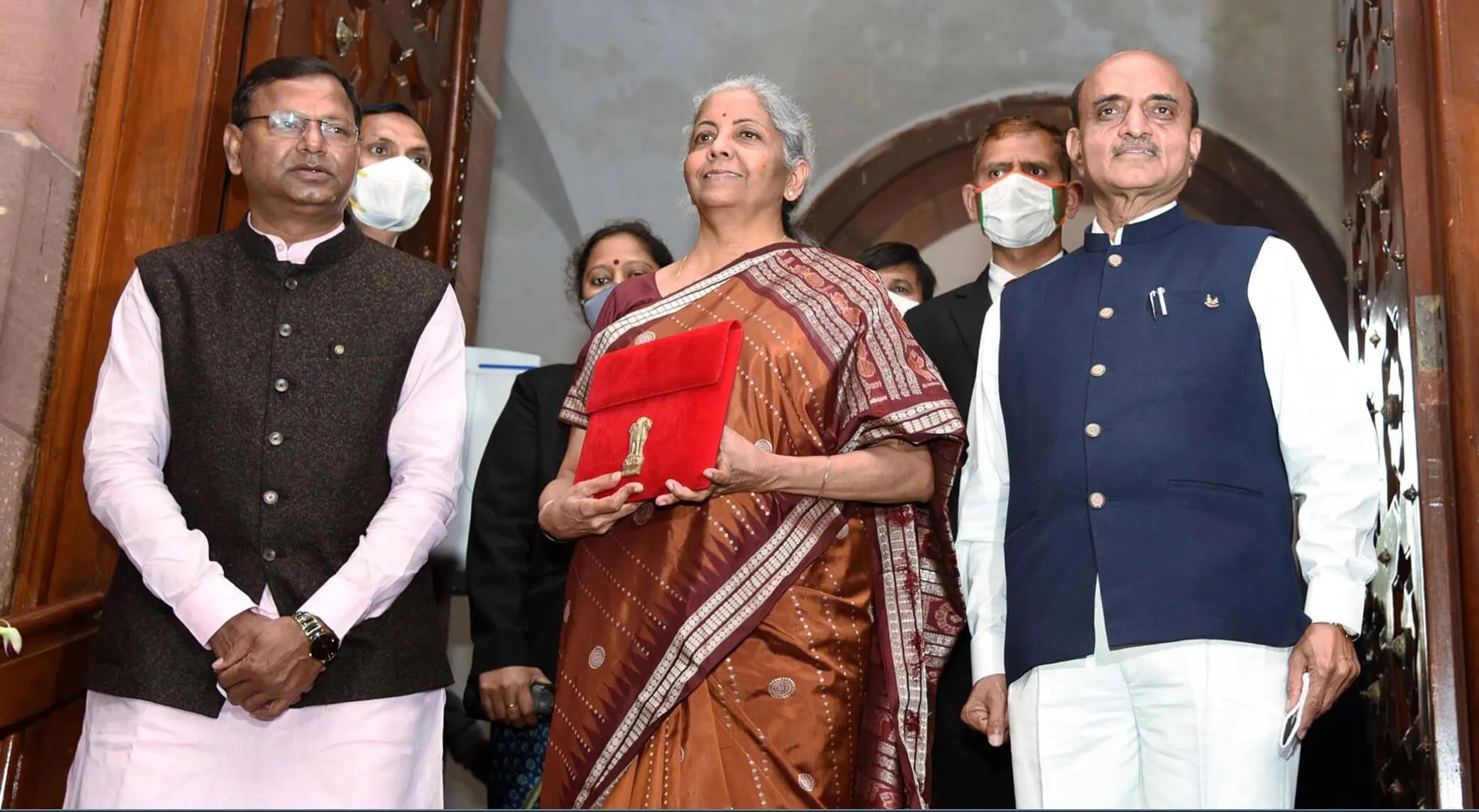Endiya Strides 2021 : Looking Forward, Looking Back
.webp)
In an outlier year for venture capital, marked by technology going mainstream, Endiya Partners rode the wave while staying true to its core – partnering with seed stage startups solving fundamental problems by employing next generation technologies.

We doubled down on existing investments and grew the portfolio further with several new bets in our chosen sectors, namely SaaS, digital health, fintech and deep-tech. All our portfolio companies sparkled. Notably, in just seven years, our portfolio has already produced two unicorns – digital health startup Curefit, which joined the club in 2021, and SaaS startup Darwinbox, which was valued at over $1 billion in its latest funding round this January.
Darwinbox is a SaaS bet that we have stayed with from the seed stage, investing in every round of capital that it has raised. Today, over 650 enterprises use the platform to manage the payrolls, leave and attendance, appraisals and learning and development of over 1.5 million employees. In an especially proud moment last year, Darwinbox became the youngest and only Asian company to be admitted into the prestigious Gartner Magic Quadrant.
Moore’s Law Unleashed
In April last year, we were able to foresee the multiplier effect of Moore’s Law coming into play in the Indian startup ecosystem on the back of the maturing and acceleration of five critical factors – talent, capital, markets, policy and exits.
That early prediction has borne out way beyond our expectations. India is now home to over 80 unicorns (startups valued at $1 billion or more), 44 of which joined the club last year. In a record year, startups across the spectrum drew nearly $30 billion from private investors in 2021, as per a IVCA-EY report, accounting for nearly 40% of the total capital invested by private equity and venture capital firms during the year.
While there is an element of irrational exuberance in the market, we believe that the current velocity in the Indian startup ecosystem, especially with respect to technology startups, will sustain for the next several years and propel world-class technology companies onto the global stage. This conviction derives from the fact that, apart from the other important factors contributing to the Moore’s Law effect, India’s startup ecosystem is now also a viable market for exits.
Bankable Exit Ecosystem
More than investments, venture capital funds returning capital to their investors or limited partners was the big milestone last year.
Private equity and venture capital investors completed exit deals worth $43 billion last year, seven times the value of deals in 2020, per IVCA-EY. In a much needed broadening of exit routes for investors, the year saw an unprecedented number of venture capital-backed companies go public on local and overseas bourses, creating liquidity for early stage investors.
The well received IPOs of startups such as Freshworks, Zomato, PolicyBazaar and Nykaa signal that the Indian technology startup ecosystem is on the cusp of accelerated growth and success.
Sateesh's Reflections - Endiya, Ecosystem, Exits & more
A Portfolio That Solves Big Problems
In the midst of this buoyant ecosystem, Endiya has continued to evolve its investment strategy and remain the preferred partner for entrepreneurs pushing the limits in breakout sectors. While our dealmaking in 2021 accelerated in tandem with the market, we continued to be deeply involved investors in new and existing portfolio companies.
In line with our problem-solving approach, we bet and doubled down on founders who are creating solutions for fundamental and large-scale problems, not just specific to India but global markets as well.

Among several bets we made this year, Zluri is looking at the problem of assisting large enterprises and mid-market companies to manage their multiple SaaS tools, and it’s solving this problem for customers around the globe. Staying with SaaS, Super Beings is a platform that is enabling mid-market and fast-growing companies to efficiently manage distributed workforces that have become the norm in the aftermath of Covid.
Qapita, one of our new investments from 2021, is both a fintech and SaaS bet. It offers fast-growth companies a digital SaaS solution to manage the complex records and workflows around cap tables, ESOPs and liquidity for private investors. They have completed two rounds of funding this year and all through growth, managing cap tables for 400-odd enterprises.
While we didn’t make any new investments in deep-tech, we did follow-on rounds in Slang Labs, Myelin and Cell Propulsion. We believe deep-tech is still in the early phase of getting the attention of mainstream investors but it’s a matter of time.

Digital health has benefited heavily from the pandemic. The consumer shifts, in particular, which would have taken 10 to 20 years, have telescoped into a one-year timeframe. Among our bets this year, Eyestem is addressing the problem of age-related macular degeneration, which affects 200 million people worldwide, using cell therapy. Sugar.fit, on the other hand, addresses the 100 million diabetic patients in this country alone. We have a strong belief that if these patients are tracked remotely, using technology as well as a human coach, it could significantly reduce the number of drugs a patient needs, or even achieve a diabetic reversal.
Synapsica and Sigtuple are solving similar problems in the areas of tele-radiology and tele-pathology, respectively. The problem in India today is that 90% of the specialist pathologists and radiologists are located in Tier 1 cities. But, 90% of patients don't live in those cities. The only way to bridge the gap is through technology.
And, our latest digital health bet, Karkinos, aims to be an all-weather friend for those battling cancer, guiding them through the various steps from screening, early diagnosis, treatment and post-care.
In fintech, Upside AI is using artificial intelligence to build a technology enabled asset management company, while Grip Invest is an alternate investment model that aims to offer retail investors better yields via the fractional ownership of leased assets. We also invested in Gigforce, which falls within the ambit of work-tech. Gigforce is building a platform to enable gig staffing for large logistics and after sales services players.
Outlook 2022
We expect the broader market in 2022 to remain buoyant, perhaps even surpass the past year in terms of the global capital that is predicted to flow in. In such an environment, we will continue to solve problems — real problems — and add value to our portfolio entrepreneurs.
Web 3.0 is starting to gain momentum and we believe it's going to become ubiquitous in the next 3 to 5 years. We understand Web 3.0 and blockchain very well and we will be watching those spaces for early opportunities. Some of our existing investments are already ready to port into Web 3.0 and that’s where our own domain expertise as a co-founder VC will come into play.
Overall, 2022 for Endiya will be a time to reflect, build value into our existing portfolio companies and seize new opportunities before they go mainstream.






